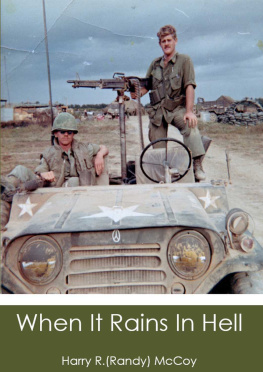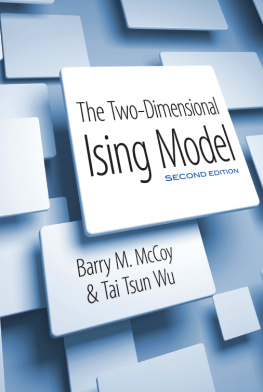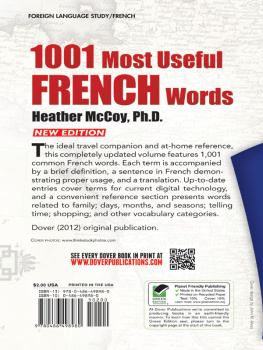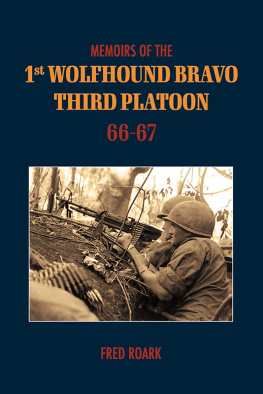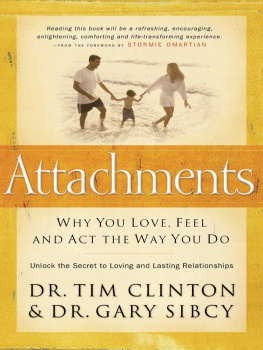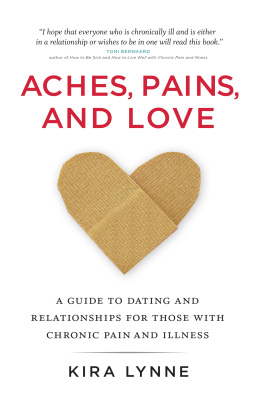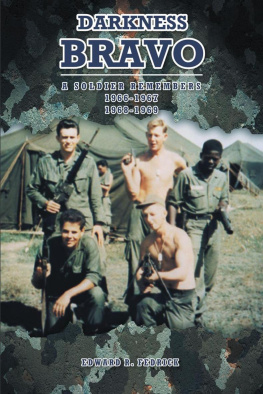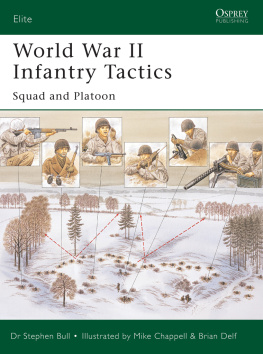.
Copyright 2012 Harry R.(Randy) McCoy
All rights reserved.
ISBN: 1-4792-6767-8
ISBN-13: 9781479267675
eBook ISBN: 978-1-62347-809-4
LCCN: 2012916855
CreateSpace Independent Publishing Platform
North Charleston, South Carolina
.
Dedicated To
All The Men And Women Who Served In
Southeast Asia
And
To
The Families That Waited Patiently At
Home, Hoping And Praying They Would
Not Receive The Dreaded Telegram
Informing Them Of The Death Of
Their Loved One
In Loving Memory Of
Lori Ann Wanex McCoy
July 19, 1962-Sept. 2, 2000
.
Table Of Contents
.
acknowledgements: I want to thank the members of the Falcon and Juliet Recon platoons for living this adventure with me and helping me to survive and to God for seeing to it that most of the members in the two platoons survived our one year in a most dangerous place.
Thanks to the former Wanda McCoy for waiting patiently at home for me and trying her hardest to exorcise the demons that war left me with, and to my daughter Christy Lynn McCoy for her continuing love and her overlooking of the less pleasant aspects of my character that the memories of war caused.
Thanks to my second wife, Lori Ann McCoy, for taking on the challenge of a man she knew was not quite back from combat, and for the love and understanding she showed me. Thanks also for the love and support shown me by my family through the years.
The only reason this book was finally written was the pressure exerted by my good friend CR Webster, a writer herself. When I mentioned that I had tried to write the book forty years ago and quit because of the pain, she suggested that perhaps this was a way to finally ease the pain and disappointment I felt in my country. She was right. The more I wrote the better I felt.
She pushed and prodded me the eight months it took me to write this book. She made sure I stayed on track and finished it in half the time I originally estimated. She took on the task of editing the chapters and trying to mold this fledgling assembler of words into a real writer. She did the best she could with what she had to work with. I owe her a debt of gratitude that I can never repay.
I did not want to be a soldier; I had no desire to fight another countrys war. My country called and I grudgingly answered. I was no hero; I did the best I could in each situation I encountered. I lived through the year and now have my story to tell. I hope that I have done my job well enough that the reader will find my tale interesting and informative.
Every soldier that served in Viet Nam has his own story to tell. Many will not, and over fifty-eight thousand cannot tell theirs. Their story is on a black granite monument in Washington, D.C. It is left to the survivors to try to explain the hardships and horrors we faced. I can only hope that I have done a sufficiently creditable job.
Many names have been changed in this book to protect the privacy of the individuals and their families. I have tried to be as factual as I can while writing from memory. Any errors or omissions are mine and mine alone; the things written about in this book occurred almost a half century ago.
.
foreword: I recall hearing about the Viet Nam war, but remember very little of the details. I was a junior in high school and war was the farthest thing from my mind. I did not see the need for war or understand the politics, but whether I did or not, that war came anyway, taking with it many young men.
Randy McCoy, a first time author, has expressed himself so well in this book, that I found it difficult to stop reading. Each page is decorated with such graphic descriptions of the war that the reader begins to feel as if he is standing right beside him.
I could feel his emotion as he said goodbye to his new wife and family. I could sense his rebellion at not wanting to be drafted. His less than perfect childhood did not give him any enthusiasm to become a soldier.
His details of boot camp were harsh and almost unbelievable, yet in his 19-year old mind, he came to understand the reasoning of the drill sergeants. This grueling training would save his life.
I was able to feel the chill of the rice paddy waters, to hear the roar of choppers, to sense the dangers in the tunnels, saw the beautiful stars on cool nights, and cried when he lost his best friend.
I learned the sensitivity of the author as he and his platoon never burned down the villages of the Vietnamese civilians after invading their domain to check for contraband.
His survival tactics amazed me. Randy was a fighter, determined to live and go home.
As I read through the pages, I became aware that a small town country boy had become a man, whether he desired this route or not, such was his lot. Randy made it home unscathed, or did he?
This book is for any veteran or civilian to read. We need to know the sacrifices that were made by these young men. I never fully understood until Randy wrote this book.
War is real. War is hell. When It Rains In Hell is a must read.
C.R. Webster
.
Deal Island, Md.-August 1967.
I stare at the letter one more time, willing the message to go away. It does not. The short, formal letter has my address on it. It invites me, Harry R. McCoy, to a meeting at the Crisfield Armory in a week. It further states that I will be bussed to Fort Holabird in Baltimore, Maryland. At that base, I will receive testing that might lead to possible induction into the U.S. Army. I have a sinking feeling that possibly means most likely.
This could not have come at a worse time. Eight months ago, I quit working at DuPont in Seaford, Delaware. It was an okay job, but I felt it was a going-nowhere job. The shift work and the long drive to the job meant I was working, sleeping or driving.
The money was not that great. I had a burning desire to get out into the world and make my mark, while making a load of money at the same time.
I leased a gas station in Chance, Md. This was more like it! I was only nineteen and I had my own business. The hours were long and the work frequently dirty, but I was headed upward. I was making good money for that time period, especially when compared to my DuPont earnings.
I had recently met Wanda, whom I considered the love of my life. We had been inseparable from the moment we met. I tore myself away from my job when I could to see her, but I was frequently late to pick her up for dates. She understood that I was trying to build my business and I felt my life was near perfect.
Staring at the letter, all I could think about was that this pretty much sucks. My father said to stay in college, but I just had to have a four-speed Pontiac GTO. I worked hard and now I have it. However, it looks like the army is trying to break up my happy home.
I wonder if I can flunk the tests again, I think. The last time on the bus trip to Baltimore, I took a twenty-four count box of Clark Bars with me. I managed to eat my way through over half the box before my stomach told me that enough was enough. A doctor had mentioned that it might affect your blood sugar enough to flunk an important test. I flunked that test and was sent back home. Will it work again, I ask myself?
Now, please do not judge me too harshly. I was only nineteen, an age when your decisions are often not sound ones. I felt that I was as patriotic as the next person. If the enemy landed in Ocean City, I would be there in two hours. I would be carrying a rifle in my arms and a knife in my belt. However, the idea of fighting for some God-forsaken little country halfway around the world did not fit into my plans. I felt that some wars were necessary and just, like World War II. I read everything I could on the war and I really admired the men who fought in it.

